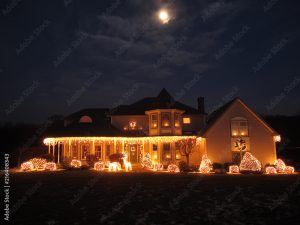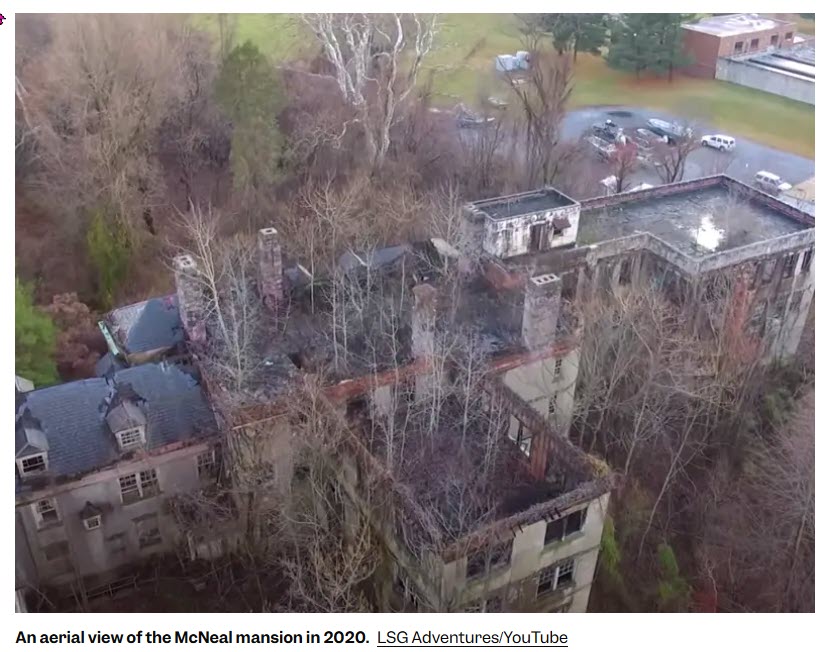


Holiday decorating is in full swing, and as homeowners deck their halls, they may want to also use the festivities as an excuse to inspect several out-of-sight areas of their home.
Groundworks, a basement and foundations firm, offers up tips to spot needed repairs in the home while also hanging your holiday decor. Here are the top seven home issues they suggest looking for:
Electrical outlets
Is a plug no longer working? Outdoor outlets are exposed to the elements and can become damaged. A ground fault circuit interrupter may have been tripped. Take precautions if you find any loose connections or exposed wiring.
Circuit breakers
While installing an outdoor light display, homeowners may discover problems with the home’s electrical system or circuit breaker box. “Some homeowners may only check out their electrical panel if they accidentally throw a breaker,” GroundWorks says. “However, proactive homeowners may want to look at their breaker box before installing holiday lights. You may discover that you need a diagram of which circuits are connected to which outlets or appliances. This can help you avoid overloading a single circuit.” LED Christmas lights tend to use less electricity and may help avoid blown fuses.
Overgrown shrubs
Plants should be about two feet from your house to protect your foundation. Tend to any overgrown plants while hanging holiday lights, or make a note on your calendar to do so in March or April. “If you have overgrown evergreens, you can also give them a light trim around the holidays and use that greenery for home decorations,” Groundworks says.
The roof or gutters
If you’re on a ladder to hang Christmas lights, be sure to take a look at the roof and gutters. Are the gutters clogged? Is rainwater pooling right next to the foundation? Are any shingles missing on your roof? Spot existing damage and avoid creating more problems by using light clips on the edge of your gutter while hanging Christmas lights, GroundWorks suggests.
Chimney
Take a close look at the chimney. Does it look like it’s tilting or starting to separate from the house? This could be a sign of foundation issues. To test it, Groundworks suggests, hold a string with a small weight from the top edge of the house. The string will always fall straight down. Compare that to the structure to determine whether there is a tilt to any portion of the home, including the chimney. A tilting chimney may show a visible gap where it is pulling away from the remainder of the house, Groundworks says. A foundation expert may need to identify the problems and explore the best ways to fix them.
Pest damage
You may also spot damage from pests. “Along the eaves, you could find woodpecker holes or wasp nests,” Groundworks says. “Where the house meets the ground, you could find signs of termites or ants.”
Siding damage or wood rot
Look for any signs of deterioration, damage, or wood rot on your siding or window frames. If you find any, your home could be vulnerable to water damage. “In the warmer months, your home could be unprotected from heavy rains, resulting in flooding or moisture in your basement or crawl space,” Groundworks warns. “As the weather turns cold, the damaged siding could allow water inside the walls, cracking the concrete when it freezes.”



